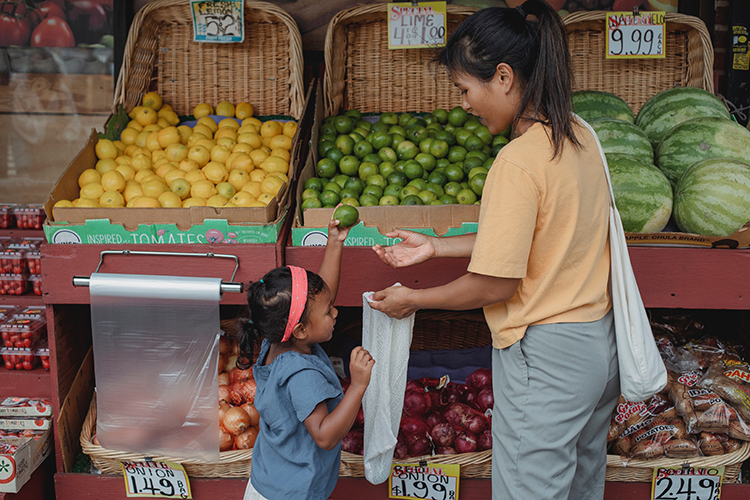Berkeley Talks: The Social Safety Net as an Investment in Children
Follow Berkeley Talks, a Berkeley News podcast that features lectures and conversations at UC Berkeley.

In Berkeley Talks episode 157, Hilary Hoynes, a UC Berkeley professor of economics and of public policy, and Haas Distinguished Chair in Economic Disparities, discusses the emerging research that examines how the social safety net in the United States — a collection of public programs that delivers aid to low-income populations — affects children’s life trajectories.
Compared to other countries in the world, she says, the U.S. spends less on anti-poverty programs and, consequently, has higher child poverty rates.
Hoynes, who has been studying the Supplemental Nutrition Assistance Program (SNAP), called CalFresh in California, goes on to share some of her team’s findings. In her summary, she includes short-term and longer-term effects on people who received SNAP benefits as children.
Here are some of the takeaways she describes in the talk:
- Having access to SNAP benefits leads to much healthier births, more so for African American children than for white children.
- Having access to SNAP benefits in early childhood between in utero and around age 4 leads to better metabolic health in adulthood.
- Having more access to SNAP benefits in early life leads to higher education, higher earnings, better neighborhoods that individuals live in, reductions in mortality, reductions in incarceration for African American men and increases in mobility.
This Nov. 9 talk was part of the Bernard Moses Memorial Lectures, a series sponsored by Berkeley’s Graduate Division.
Listen to the full lecture in Berkeley Talks episode 157: “The social safety net as an investment in children.”
Watch a video of the lecture below.
